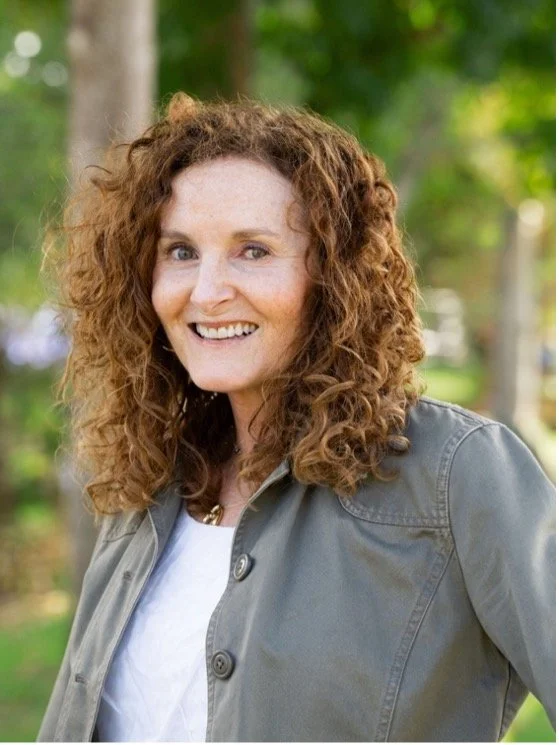As I work my way through the Master's in Public Health at Benedictine University, I find myself part of a live conversation about the role of pesticides for or against the public health. Even those in the field of Public Health can be confused because the messaging about use of pesticides has been dominated by industry. The following is part of my conversation with a classmate about the use of DDT in the developing world:
I am very interested in your discussion of malaria incidence and pesticide spraying, particularly when you say this:
Regarding this fact, I would also be curious to know, as well, which other conditions are impacted by the decreased use of DDT. What about cancer rates? Malaria is not something that I have recently seen in the news, or reported in my county, or the counties that I work in. I wonder if there are other factors responsible for the increase?
Since my own daughter died of leukemia we have every reason was caused by mosquito spraying without our knowledge and permission, this is a personal question, but one on which I have done extensive research -- I'm actually working on a book on the subject. Research does suggest that there is a much higher incidence of cancer because of extensive exposure to pesticides. There are myriad sources for this information, but two of the most credible and conclusive are the American Academy of Pediatrics (AAP) (Roberts 2013) and the President's Cancer Panel (PCP) (2010). Both point out that cancer rates, particularly for children, are climbing far too high because of exposure to toxins like pesticides. Both argue that regulation for chemicals is virtually non-existent and that individual citizens must campaign for their own safety and welfare. It is also a well-known fact that mosquitoes have gained resistance to DDT over time. The harms of DDT have been known since Rachel Carson published Silent Spring in 1962, but her warning has rarely been heeded, both because it is difficult to assign cause to individual cancer cases and because of the unbelievable power and corruption of the major chemical companies. I say that despite the fact that (or perhaps because) my husband works for one of those companies as a chemical engineer. They have far too much power to manipulate governments worldwide so that those governments work for the industry's own interests, not for the common good.
That said, there is a different calculation of risk in countries where malaria is endemic vs. the U.S. Because of its terrible persistence and bioaccumulative properties, DDT spraying is probably not the answer, but other solutions, like spraying with less toxic pesticides or having treated bed nets, may well be worth the risk. But an honest calculation of the risks cannot be done by the pesticide companies or their political lackeys, as has sometimes been the case previously.
It is important to be aware of possible benefits, as well as document liabilities, of using pesticides. But the bottom line is that we use far too much, far too often. As Rachel Carson said more than 50 years ago,
It is not my contention that chemical insecticides must never be used. I do contend that we have put poisonous and biologically potent chemicals indiscriminately into the hands of persons largely or wholly ignorant of their potentials for harm. We have subjected enormous numbers of people to contact with these poisons, without their consent and often without their knowledge. If the Bill of Rights contains no guarantee that a citizen shall be secure against lethal poisons distributed either by private individuals or by public officials, it is surely only because our forefathers, despite their considerable wisdom and foresight, could conceive of no such problem.
--Rachel Carson, Silent Spring
We could do so much better, both in the more developed and in the less developed worlds.
References
Carson, R. (1962). Silent Spring. New York: Houghton Mifflin.
Roberts, J.R. (2013). Policy statement: Pesticide exposure in children. American Academy of Pediatrics 130(6), e1757-1763. Retrieved from http://pediatrics.aappublications.org/content/130/6/e1757.full
President's Cancer Panel (PCP) (2010). Reducing environmental cancer risk: What we can do now. Retrieved from http://deainfo.nci.nih.gov/advisory/pcp/annualReports/pcp08-09rpt/PCP_Report_08-09_508.pdf












